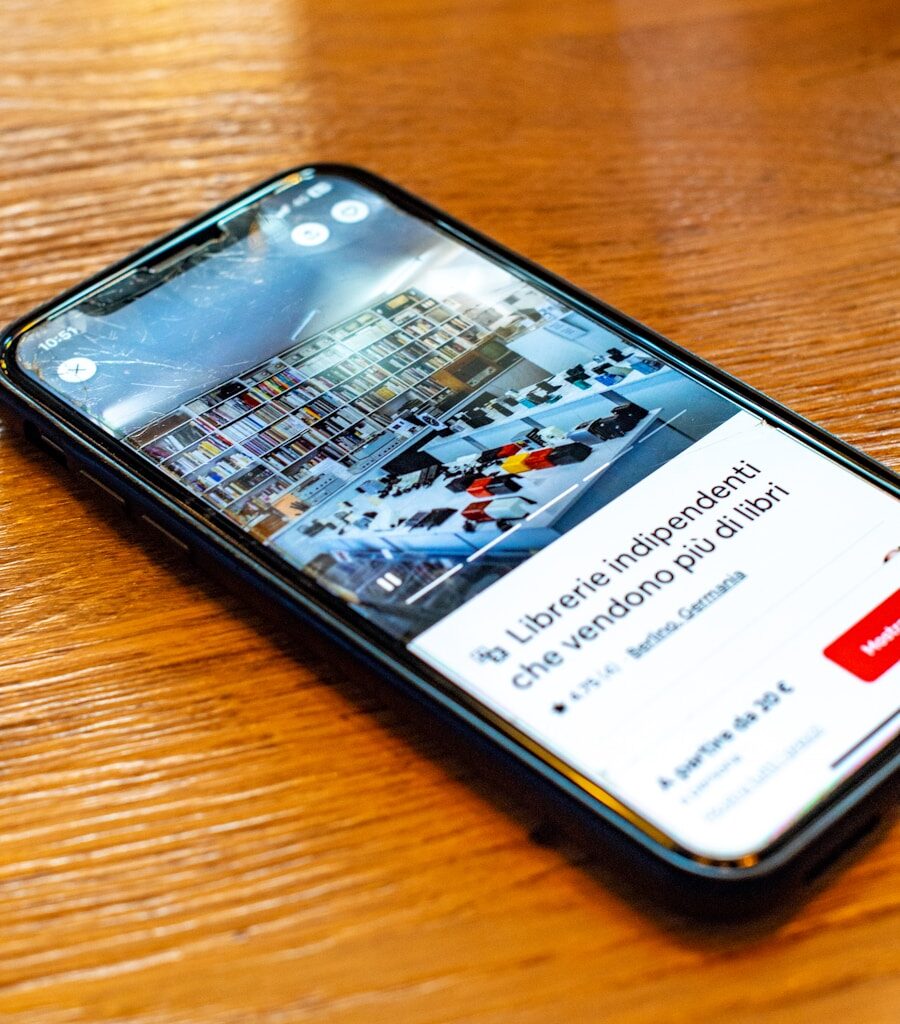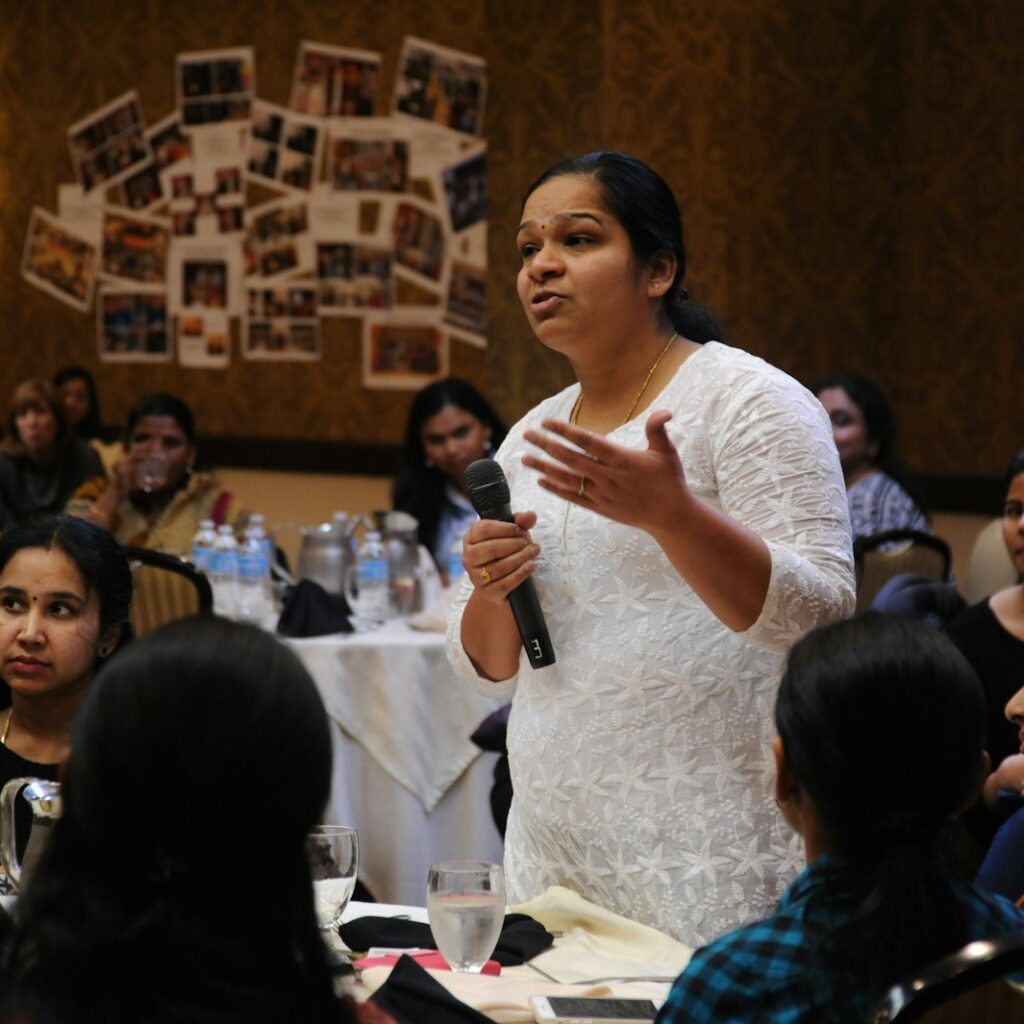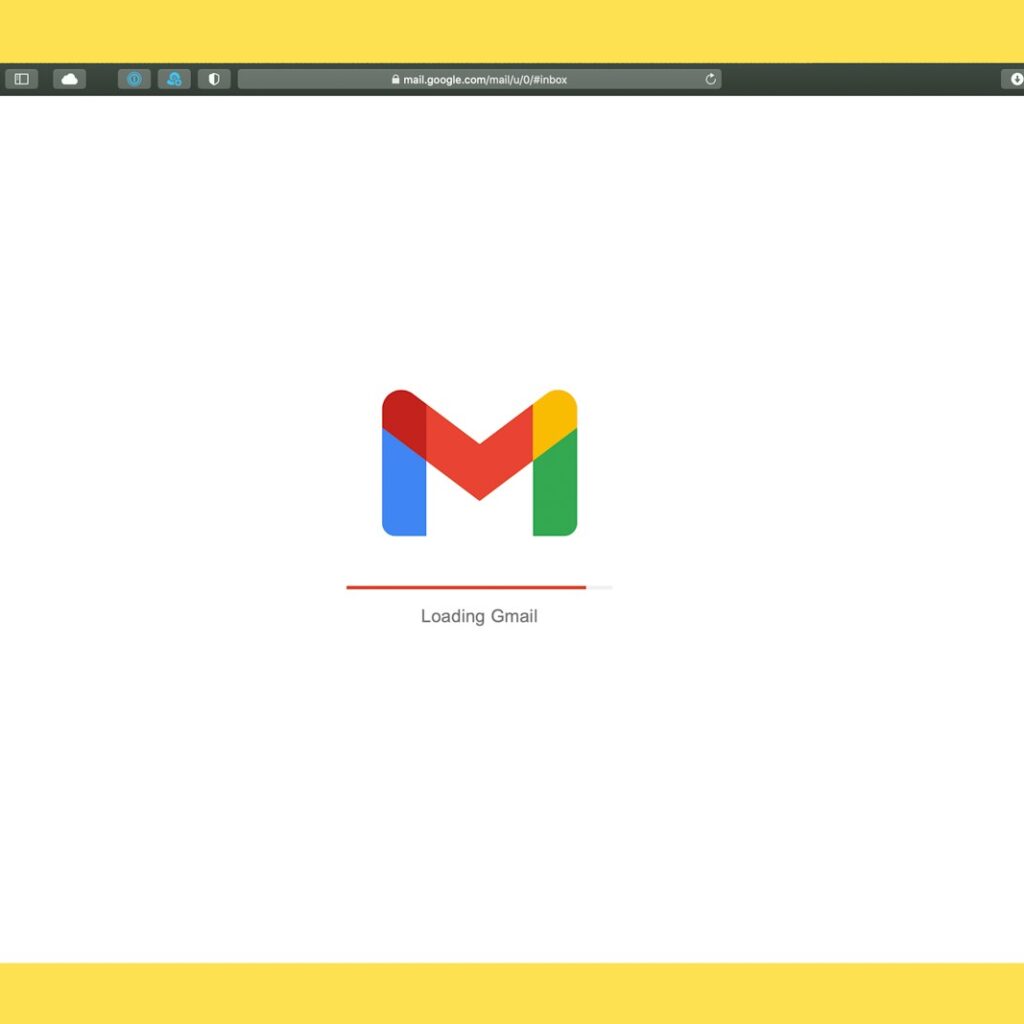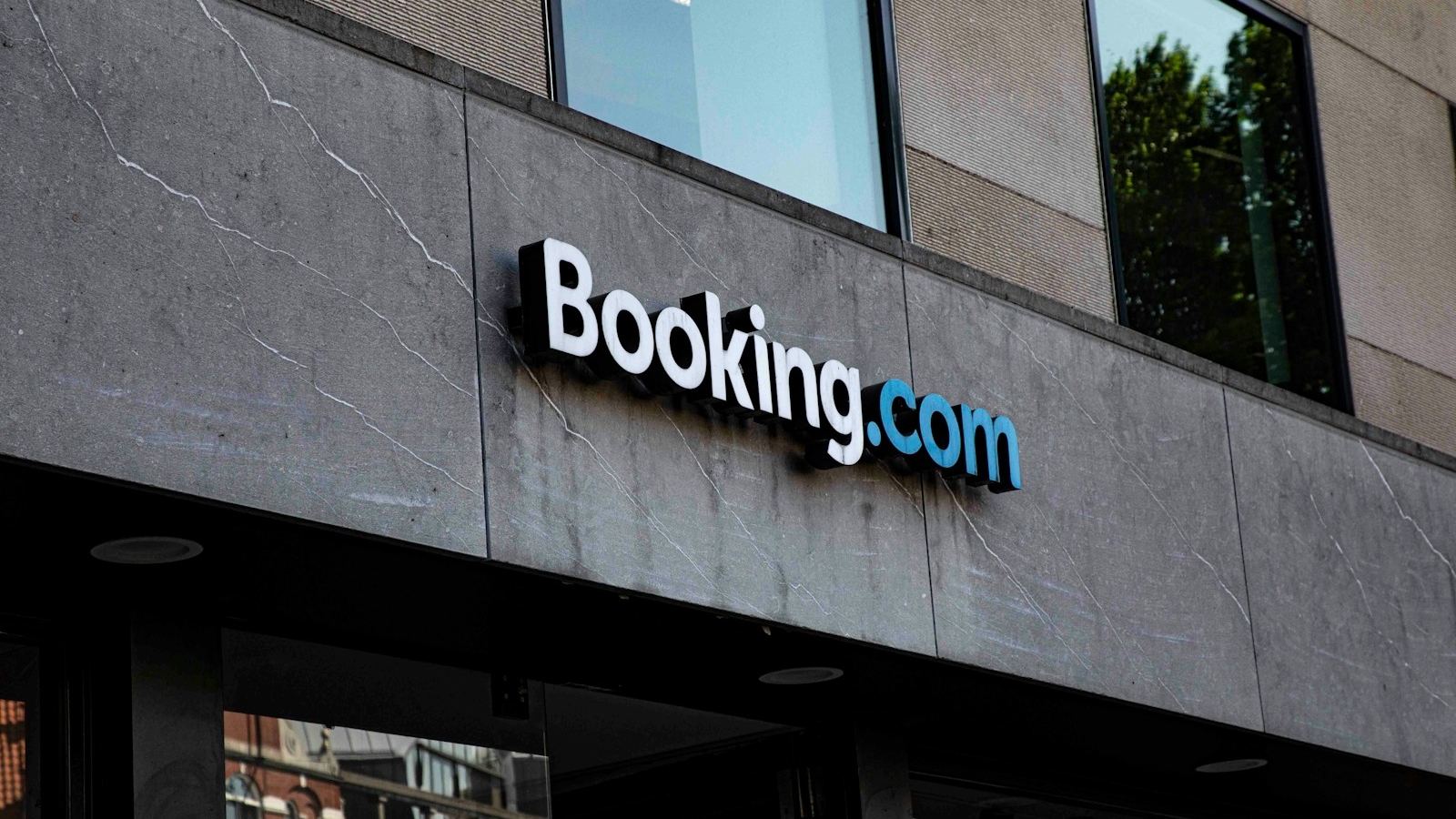In the competitive world of hospitality, one of the biggest challenges hoteliers face is striking the right balance between direct bookings and online travel agency (OTA) bookings. Both channels have their advantages, but finding the right mix can significantly impact a hotel’s revenue, customer loyalty, and brand visibility. In this blog post, we’ll explore how hotels can effectively balance direct bookings with OTAs to maximize success, focusing on strategies that appeal to both Indian and global travelers.
1. Understanding the Difference Between Direct Bookings and OTAs
Before diving into strategies, it’s important to understand the key differences between direct bookings and OTAs:
- Direct Bookings: These are bookings made directly through a hotel’s website or reservations team. Hoteliers can offer lower rates and exclusive deals, build customer loyalty, and avoid commission fees.
- Online Travel Agencies (OTAs): OTAs like Booking.com, Expedia, and Agoda act as intermediaries between travelers and hotels. While OTAs offer a broad reach and convenience, they charge commission fees, which can eat into profits.


Why balancing both is important:
- Wider Reach: OTAs bring in travelers from all over the world, including Indian and international markets, increasing exposure to potential guests who may not have otherwise discovered your property.
- Better Profit Margins: Direct bookings allow hotels to bypass OTA commissions, improving profit margins and offering a chance to build long-term customer relationships.
- Brand Control: When guests book directly, hotels have more control over the experience, from upselling services to gathering valuable guest data for future marketing.
2. The Benefits of Direct Bookings for Hotel Success
Direct bookings can be the backbone of a hotel’s profitability. Here are some of the top benefits for hotels in India and across the globe:
a. Cost Savings on Commission Fees
OTAs charge a commission of anywhere between 10% to 25% per booking. By encouraging direct bookings, hotels can significantly reduce these costs, which can be reinvested into improving services or marketing.
b. Loyalty Building Opportunities
With direct bookings, hotels have a unique opportunity to create and manage loyalty programs that reward returning guests. Offering personalized experiences, discounts, or perks for guests who book directly can boost customer retention and foster long-term relationships.
c. Better Control Over Pricing
When guests book directly, hotels have more control over pricing, promotions, and discounts. They can offer exclusive deals such as early check-ins, complimentary breakfasts, or discounted room rates to incentivize direct bookings.
d. Enhanced Guest Experience
Direct communication with guests allows hotels to customize the guest experience based on preferences or special requests. This level of personal service is often harder to manage through OTAs.


3. The Role of OTAs in Reaching a Broader Audience
While direct bookings are essential, OTAs still play a crucial role in a hotel’s marketing strategy, especially when targeting global travelers. Here’s why OTAs should still be part of your hotel’s distribution strategy:
a. Global Visibility
OTAs are powerful platforms that attract millions of users worldwide, including travelers from diverse backgrounds such as Indian tourists looking for domestic or international stays, as well as international tourists seeking to visit India. OTAs increase your visibility in these markets, especially if your hotel is in a competitive tourist destination.
b. Instant Bookings and Convenience
Travelers today prioritize convenience. OTAs provide an easy-to-use booking system that many guests find familiar and trustworthy. For travelers, especially in India where mobile bookings are on the rise, OTAs offer the ability to make last-minute bookings with just a few clicks.
c. Marketing Reach and Targeted Ads
OTAs have advanced advertising systems that target specific demographics and traveler types. Whether you’re targeting budget travelers, luxury vacationers, or business professionals, OTAs provide a wide array of marketing tools that help hotels gain visibility among potential customers.
d. Building Trust with International Travelers
Many travelers, particularly international ones, feel more comfortable booking through well-known OTAs due to the added security, customer reviews, and payment options. For Indian hotels targeting overseas travelers, being present on global OTAs increases trust and credibility.


4. Strategies for Successfully Balancing Direct Bookings and OTAs
Now that we’ve covered the importance of both direct bookings and OTAs, here are some actionable strategies to balance these two channels and drive hotel success.
a. Offer Exclusive Incentives for Direct Bookings
Encourage guests to book directly by offering incentives such as discounted room rates, free upgrades, complimentary meals, or free transportation. These perks can entice both Indian and international travelers to visit your website instead of booking through an OTA.
b. Implement a Price Parity Policy
Ensure that your hotel’s rates are consistent across OTAs and your website. However, consider offering unique packages or add-ons for direct bookers, such as airport transfers, guided tours, or early check-ins.
c. Leverage the Power of Social Media and SEO
Use social media platforms and search engine optimization (SEO) techniques to drive traffic to your hotel website. Create engaging content that highlights your hotel’s unique offerings, and use SEO-friendly keywords like “affordable luxury hotels in India,” “best boutique hotels near Taj Mahal,” or “family-friendly hotels in Goa” to target both local and global travelers.
d. Invest in a User-Friendly Website with Easy Booking Options
Your website should offer a seamless and mobile-friendly booking experience. Make the booking process as easy as possible with clear pricing, availability, and special offers. Use booking engine plugins that support multiple currencies and languages to cater to both Indian and international markets.
e. Retarget OTA Guests with Email Campaigns
Once a guest has stayed with you, retarget them via email campaigns offering discounts or incentives for direct bookings in the future. Encourage guests to join your loyalty program or subscribe to your newsletter for exclusive offers.


f. Monitor and Adjust Strategies Based on Analytics
Regularly review booking trends to understand where your business is coming from. If OTAs are generating a higher number of bookings, it may be worth increasing your visibility on those platforms. Alternatively, if direct bookings are on the rise, consider shifting marketing efforts to further promote your website.

